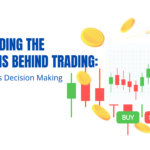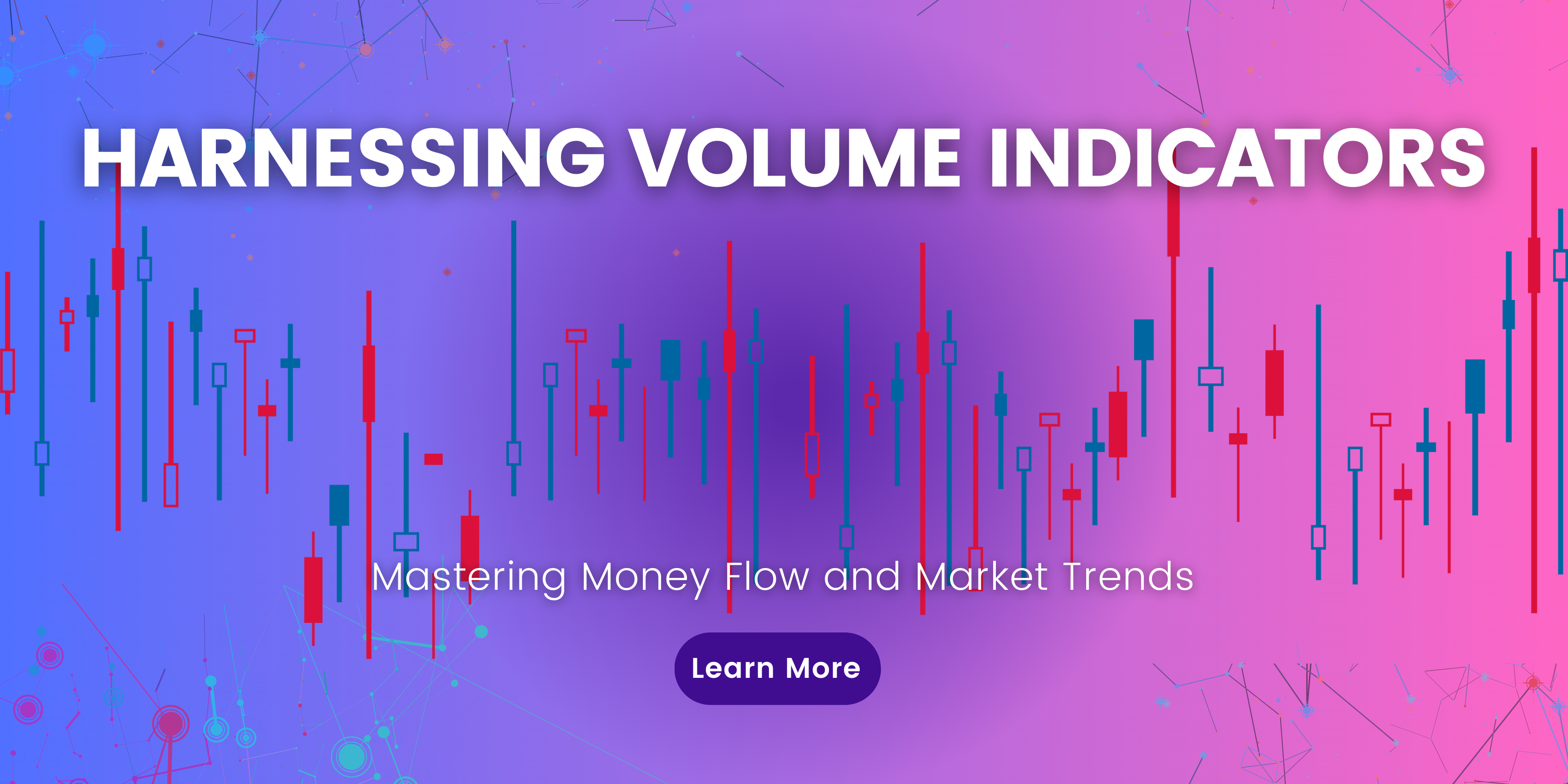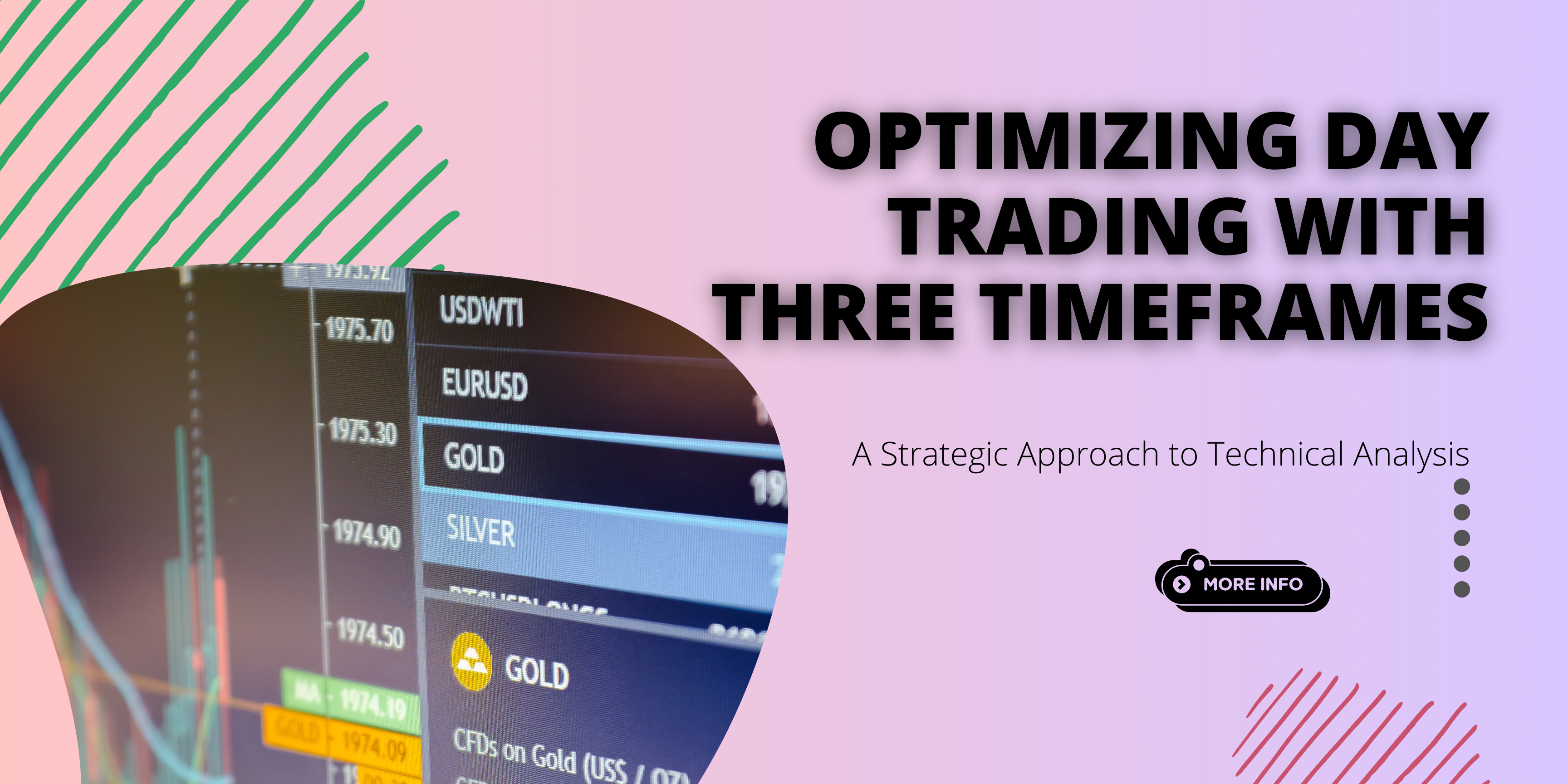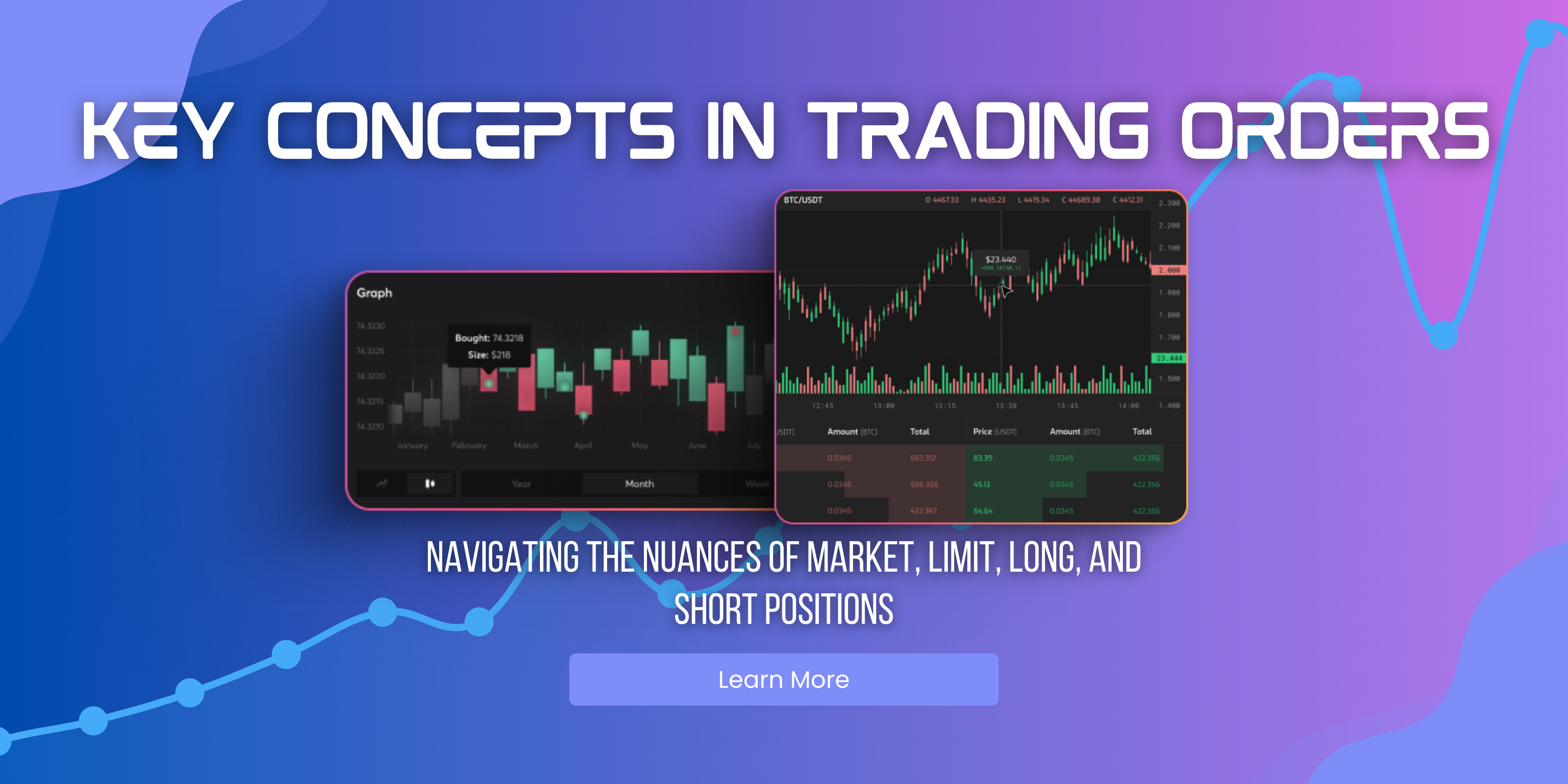In today's fast-paced financial markets, the use of trading algorithms has become increasingly prevalent among hedge funds. These sophisticated computer programs have revolutionized the way investments are made, replacing manual trading strategies previously dominated by human decision-making processes. In this article, we will explore why trading algorithms have gained significant traction, primarily due to their …
Benefits of Algorithmic Trading Tools Over Manual Trading

In today’s fast-paced financial markets, the use of trading algorithms has become increasingly prevalent among hedge funds. These sophisticated computer programs have revolutionized the way investments are made, replacing manual trading strategies previously dominated by human decision-making processes. In this article, we will explore why trading algorithms have gained significant traction, primarily due to their ability to mitigate the risks associated with emotions and human biases.
- Emotions and Rationality: Emotions can play a detrimental role in investment decision-making. Fear, greed, and impatience tend to cloud an individual’s rational judgment and can lead to impulsive and suboptimal trading choices. Hedge funds recognize this inherent flaw of human psychology and prefer trading algorithms that operate without emotional interference.
- Eliminating Human Bias: Humans have inherent biases that can significantly impact investment outcomes. Cognitive biases, such as anchoring, confirmation bias, and overconfidence, often lead to distorted evaluations and distorted decision-making. Trading algorithms minimize the influence of these biases, as they are programmed to operate strictly based on pre-defined rules and algorithmic models, relying solely on quantitative data and market indicators.
- Consistency and Discipline: Trading algorithms offer a consistent and disciplined approach to trading by adhering to predefined strategies and rules. They remove the element of human error, making it easier to adapt to changing market conditions and maintain a long-term perspective. Hedge funds prefer algorithms that operate based on tested and proven investment strategies, minimizing the possibility of impulsive trading decisions driven by emotional and biased thinking.
- Speed and Efficiency: Hedge funds depend on trading algorithms for their ability to execute trades at incredible speeds. Algorithms are designed to monitor multiple markets simultaneously, identify potential opportunities, and execute trades instantly, thereby maximizing efficiency and minimizing latency. Manual traders, on the other hand, are limited by physical and cognitive capacities, reducing their ability to exploit fleeting market conditions effectively.
- Data-Driven Decision Making: Trading algorithms thrive on large sets of historical and real-time market data to identify patterns, trends, and anomalies that human traders often miss or misinterpret. By analyzing vast amounts of information quickly and accurately, algorithms provide hedge funds with valuable insights for making informed investment decisions.
- Risk Management: Hedge funds prioritize risk management to protect their capital and achieve consistent returns. Trading algorithms allow for the implementation of risk control measures, including stop-loss orders, position sizing, and profit targets, which are executed automatically according to predefined parameters. By removing human involvement, algorithms minimize the likelihood of impulsive actions driven by emotional reactions to market fluctuations.
Hedge funds have embraced trading algorithms as their preferred tool for executing trades due to the risks associated with human emotions and biases. These algorithms provide a reliable, consistent, and disciplined approach to investment decision-making. By eliminating emotional interference, exploiting market efficiencies, and leveraging vast amounts of data, algorithms have demonstrated their superiority over manual trading strategies. However, it is essential to acknowledge that human oversight is still crucial in algorithmic trading, ensuring robustness, adaptability, and appropriate risk management implementation.








